The Significance Of Multiplayer Dynamics In Overwatch
Nov-10-2024
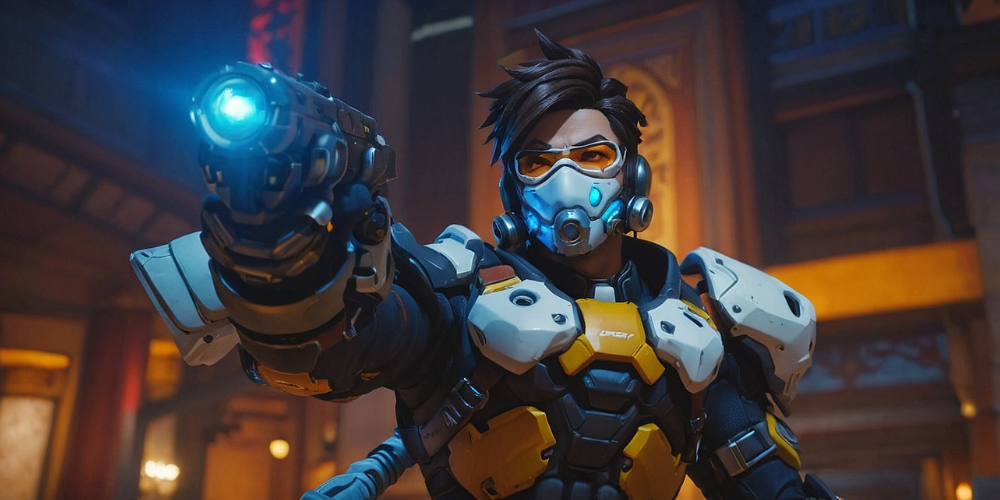
As a gamer deeply immersed in the world of Overwatch, I often find myself fascinated by its intricate multiplayer dynamics. The game, developed by Blizzard Entertainment, transcends the boundaries of traditional shooting games by emphasizing teamwork, strategy, and character diversity. With a roster of diverse heroes, each with unique abilities, understanding how these dynamics function is key to mastering the game.
Team Composition
In Overwatch, the selection of characters isn’t merely about personal preference; it's critical to team composition. I’ve learned that finding the right balance between Damage, Tank, and Support heroes can significantly affect the outcome of matches. When I delve into a game, I often communicate with my teammates, suggesting picks that accommodate our overall strategy. This discussion fostered a sense of unity and took our teamwork to another level.
Role Specialization
Every game of Overwatch allows me to experience different roles. Playing as a Tank, I feel responsible for soaking up damage while creating space for my teammates. Switching to Support can be a completely different experience, where I focus on healing my allies and providing buffs. Mastering each role has not only improved my gameplay but has also deepened my appreciation for the specialized function each character serves. It’s thrilling to realize how much teamwork relies on these roles.
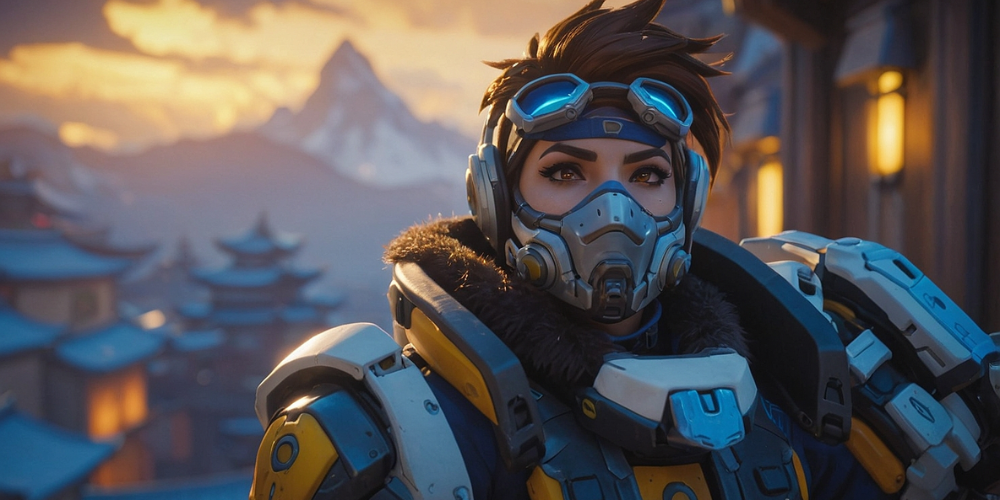
Communication and Strategy
Effective communication is the lifeblood of Overwatch's multiplayer dynamics. I often use voice chat or quick chat options to share vital information, such as enemy positioning or ultimate status. Strategic callouts are essential in propelling our coordinated efforts forward. I remember a particularly intense match in which our team executed a well-timed attack after I called out when to unleash our ultimates. The synergy we created was simply exhilarating.
Adaptability in Gameplay
The dynamic nature of Overwatch keeps me on my toes. I quickly learned that sticking rigidly to a single strategy may lead to defeat. Observing the strategies of competitors helps me adapt my gameplay style mid-match. When my team comp isn’t working, I don’t hesitate to switch heroes or adjust tactics. This adaptability is a vital skill I've honed, and it enables my team to remain competitive in many changing scenarios during a match.
Map Awareness
Map design plays a critical role in shaping multiplayer experiences. With diverse environments, each map offers unique strategic opportunities. I find myself studying the various maps to identify optimal positioning for my character, whether I'm defending a point or pushing the payload. The combination of map awareness and hero abilities allows for successful tactics and teamwork. I often call out advantageous locations to my team, enhancing our collective performance as we navigate these spaces.
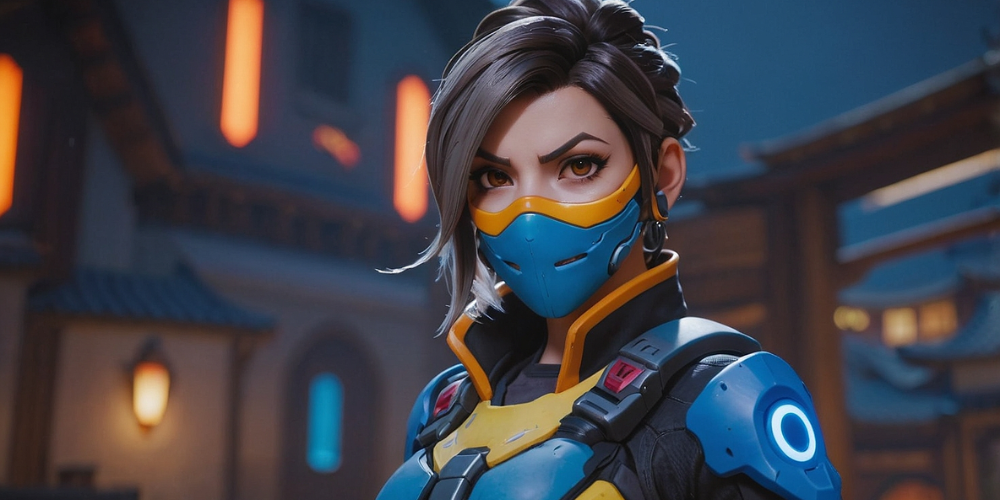
Synergies Between Heroes
Overshadowed by individual plays, the interplay between heroes can create powerful moments in matches. I often marvel at how specific character combinations can lead to impactful strategies. For example, pairing an Orisa with a Zarya can create an invulnerable front line when executed properly. It’s rewarding to see these partnerships flourish in a game. Understanding and utilizing synergies has become a significant part of my gameplay experience.
The Importance of Counter-Picking
Counter-picking in Overwatch is a nuanced skill that I continue to perfect. Each hero possesses their own set of strengths and weaknesses, and recognizing these traits can shift the outcome of a conflict. For instance, selecting a character like Mei can thwart an enemy Reinhardt’s charge. Learning to read the opposing team and adjusting my character to counter their picks is a satisfying aspect of the game, contributing to deeper strategic layers inherent in each match.
Community Engagement
The Overwatch community serves as a rich resource when discussing multiplayer dynamics. Forums, videos, and guides readily available online enhance my understanding of gameplay mechanics. I routinely engage with fellow players to share tips, strategies, and feedback on my performance. The community helps shape my gaming experience, expanding my approach to intricate hero interactions and team strategies. It’s fascinating how collective knowledge can elevate individual gameplay.
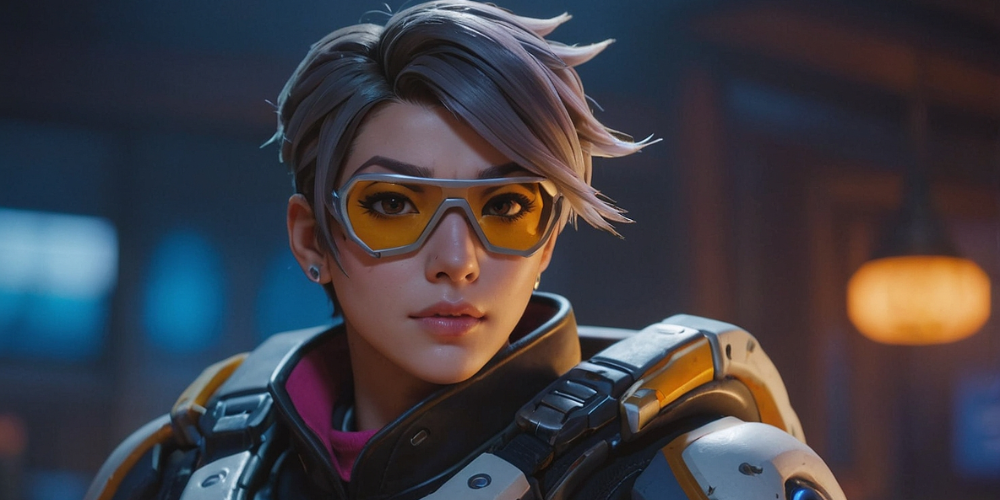
The Role of Ultimate Abilities
Ultimate abilities can sway the momentum of a match, making timing and coordination crucial elements to winning. I’ve had exhilarating moments where a perfectly scripted ult combo turned the tide of battle. I’ve learned the importance of saving ultimates for pivotal moments and coordinating with teammates to maximize impact. Anticipating when to unleash these powerful skills leads to larger victories and contributes immensely to multiplayer dynamics.
Ranked Play vs. Casual Play
The distinctions between ranked and casual gameplay are stark, each providing unique experiences shaped by multiplayer dynamics. In ranked play, the stakes are higher, often requiring an intense commitment to strategy and team execution. I find that it fosters a competitive spirit that can further develop my skills, but it also emphasizes accountability among players. Casual play can be a more relaxed environment, providing opportunities to experiment with heroes and discover new strategies without as much pressure.
Impact of Individual Performance
While teamwork is essential, I've found that individual performance can also influence match outcomes. The rollercoaster of emotions from scoring crucial eliminations brings personal satisfaction and boosts team morale. My engagements can lead to advantageous plays, which, in turn, encourage teammates to follow suit. Balancing the desire for personal triumph with the goal of team success is a delicate dance I strive to perfect.
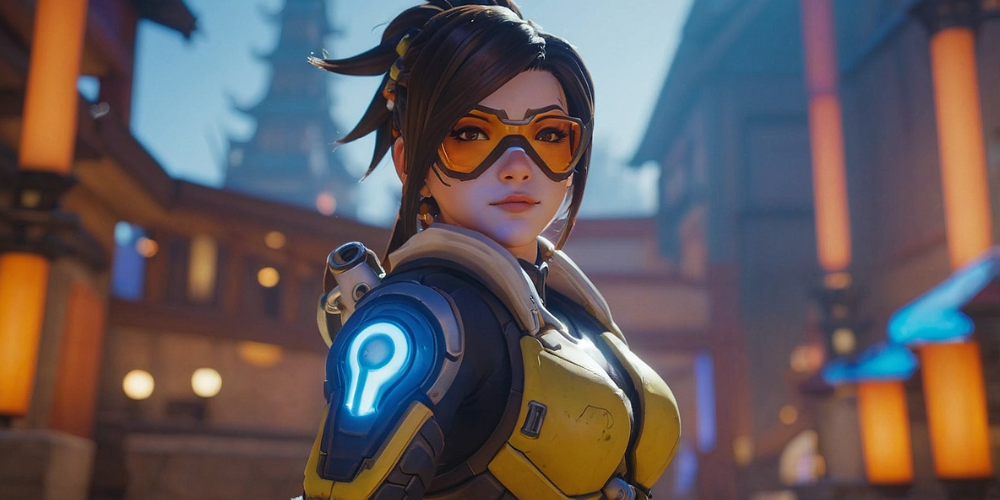
The Element of Sportsmanship
Good sportsmanship within the Overwatch community can enhance multiplayer dynamics significantly. At times, I’ve encountered negative behavior, but I choose to focus on promoting positivity and encouragement, both in victory and defeat. Sharing a commendation with a teammate or acknowledging their skills fosters an encouraging atmosphere. This kind of support not only enhances the multiplayer experience but can also elevate our gaming performance as a unified force.
The Evolution of Gameplay Through Updates
Overwatch is constantly evolving through regular updates, introducing new heroes and maps, and balancing adjustments. I closely follow patch notes and developer commentary, as these changes often reshape the multiplayer landscape. Adjustments can redefine hero dynamics, requiring me to frequently adapt my strategies. This evolution is captivating; it keeps the game fresh and ensures that players continuously hone their skills in a flexible environment.
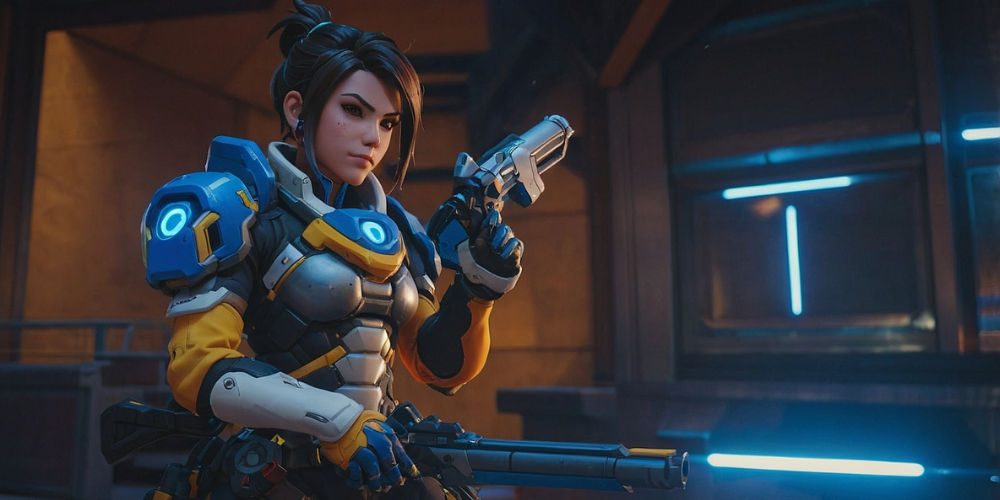
The Global Appeal
Overwatch's worldwide popularity is reflected in its diverse player base. Interacting with gamers from different cultures and backgrounds introduces me to a variety of playstyles and approaches. This global aspect enriches my gaming experience and provides insight into how multiplayer dynamics hold significance beyond local boundaries. Learning from these diverse engagements has made me a more adaptable player.
Camaraderie in Teamplay
Lastly, the camaraderie formed through team play is one of the most enjoyable aspects of Overwatch. The connections that arise through shared victories and defeats often lead to long-lasting friendships. I cherish the moments when I team up with friends or strangers who share a passion for synergy and cooperation. The social aspect adds a new dimension to the multiplayer experience, ultimately enriching my relationship with the game.







